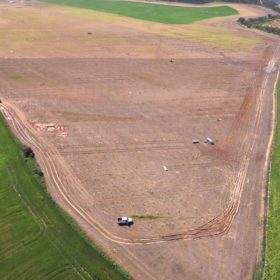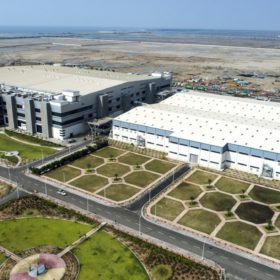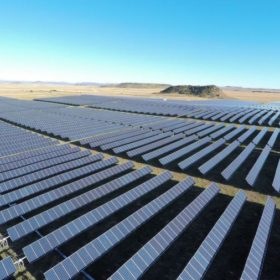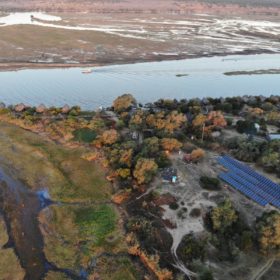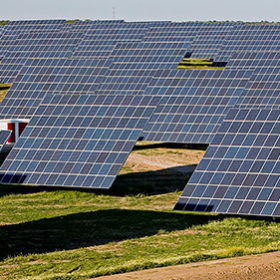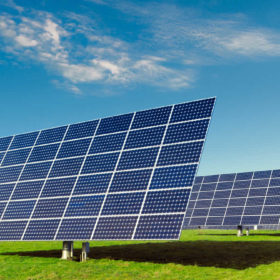The weekend read: Seven trends to make or break corporate PPAs
Something interesting is happening in the PV market. We’re not just seeing an emergence of corporate power purchase agreements (cPPAs) in parity geographies – but also compelling innovation in the commercial models which underpin them. Despite the challenges of offtaker risk, contract duration, and assorted other contractual oddities when financing renewable energy projects in this way, leading lenders are just about getting used to the idea of private offtake agreements. But are they ready for other commercial-disrupters like blockchain; ‘power and flexibility agreements’; pooling of medium-sized energy suppliers; and PV-storage hybrid projects?
Sony lays out plans to go 100% renewable by 2040
Japanese electronics giant, Sony has become the latest major organization to commit to a 100% renewable energy target for all of its operations. The company has joined the RE100, a global NGO initiative promoting renewable energy, and plans to reach its target by 2040.
India’s SECI reduces manufacturing tender size from 5 GW to 3 GW
In a major development, the Solar Energy Corporation of India (SECI) has reduced its solar manufacturing tender size from 5 GW to 3 GW, and curtailed the minimum bid capacity from 1 GW to 600 MW. The size of Power Purchase Agreement (PPA), however, remains unchanged at 10 GW.
Canadian Solar, ET Energy to build 132 MW of solar in South Africa
Canadian Solar Inc. and ET Energy will deliver EPC services to two large-scale solar PV projects totaling 132 MWp for South Africa’s BioTherm Energy.
Private PPAs for renewables take hold in France
The first movers are two big energy consumers – the Airport of Paris and state-owned railway company, SNCF – which have decided to consider bids from renewable energy producers. According to Xavier Daval from local association, SER-Soler, private PPAs will be able to offer the stable electricity prices currently being granted by nuclear power, over the next few years.
Namibia’s largest PV-plus-storage system installed
German EPC company Cronimet has installed a 150 kW solar array to work alongside a 332 kWh battery storage system at a luxury lodge complex in a remote part of the African nation.
Acciona secures short-term PPA in Portugal
The Spanish renewable energy company will sell power to a local glass container producer for a year and a half. The electricity will be provided by its 45 MW solar park in southern Portugal, as well as by other wind power facilities.
“Privately funded” 200 MW Solar River PV project gets development approval
A hugely-ambitious plan to develop a 200 MW PV array and 120 MWh battery system in South Australia has received development approval. The project developer, which is hosted by the University of South Australia’s ThincLab accelerator, reports that the $450 million project is privately financed with a 60/40 merchant/PPA structure – a significant milestone for the market segment.
EDF Solar secures PPA for 7 MW project in central Spain
The solar facility will sell part of its power to a company near Toledo. Through a seven-year PPA, the buyer will cover around 40% of its energy needs
India: Azure Power awarded 130 MW solar project
Azure Power has been awarded a 130 MW solar PV project by the Maharashtra State Electricity Distribution Company Limited (MSEDCL). It is expected to be commissioned in 2019.
